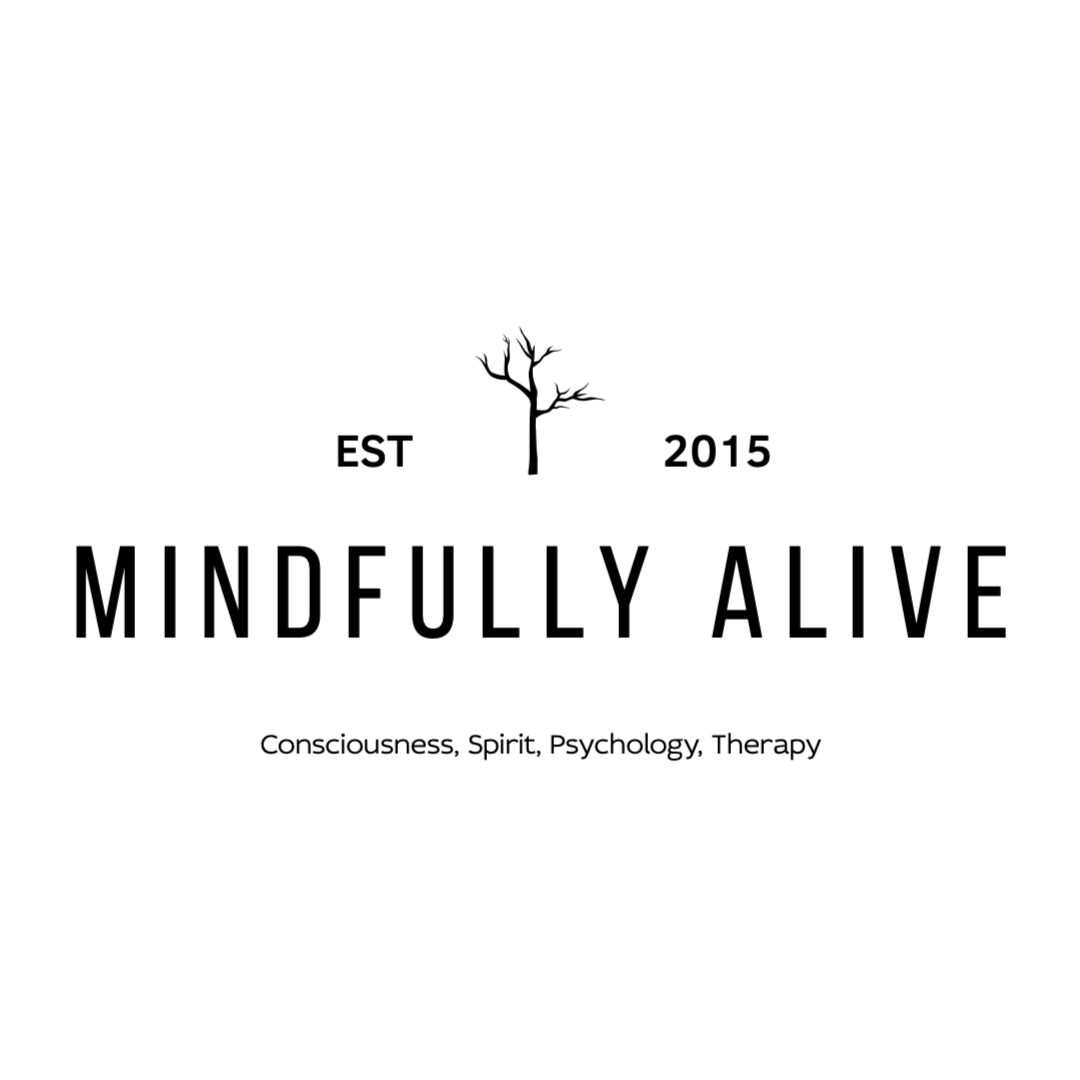Learning the Art of Mindful Communication
A relationship, by nature, involves conflict and high intensity of emotions and often our worst fears are brought to the surface. We are vulnerable and thus likely to become defensive, attack or create distance in order to protect ourselves, especially in our communication patterns. When we feel misunderstood, ignored, rejected or attacked, it sets off a chain connection of self-doubt, helplesness, feeling just not good enough, etc.
Mindfulness is described as deliberate attention to the present without judgement – cutting through the noise of the mind. This idea is sprinkled in every area of my practice with my client, from treating depressive symptoms, anxiety and worry, to teaching effective parenting skills and helping children regulate their feelings, in helping athletes remain focused and present, but nowhere is it more prevalent than in communication between partners in a couple.
This is described as moving out of the automatic, knee jerk response into something more learned and more cultivated of a response; choosing how we want to respond or act.
Mindful responses attend to what matters in your relationship (connection instead of distance, understanding and compassion instead of proving who is right and who is wrong) and allows for the ownership of a constructive experience, rather than an automatic, impulsive,unconsidered, deeply ingrained reaction.
3 Ways To Practice Individually: This will free your mind from unnecessary intrusions (thoughts, misperceptions, assumptions)
-At different times during the day focus on your breathing, paying attention to the movement of your abdomen.
-Tune into your thoughts and feelings and just observe them without judging or reacting to them.
-Notice any changes to the way you see things and to your feelings.
3 Ways To Practice With Your Partner: Slow down the process of communication
-Mindful listening to understand first- try to get the essence of your partner’s message.
-Mindful speech– carefully chosen words to convey a message. This is not reactive or defensive, it is not blaming or criticizing and using “I” statements rather then “You” statements.
-Focus on the present moment– as opposed to creating stories or connecting previous fights to the current one; each moment is a unique experience.
This process separates what is individual (what is my subjective reality, my thoughts, my perceptions, the way I learned to see the world and how I move myself around in it) and what is relational (when you allow your partner’s words, feelings and energies move through you and then produce something different inside of you, than if you had not let this happen- a dialogue in which you let each other in and come out with something that’s unique.
Please let me know your thoughts and ideas and if you think that therapy might help your relationship, please use the link below to begin a conversation about how I can be of help to you.





Be the first to reply